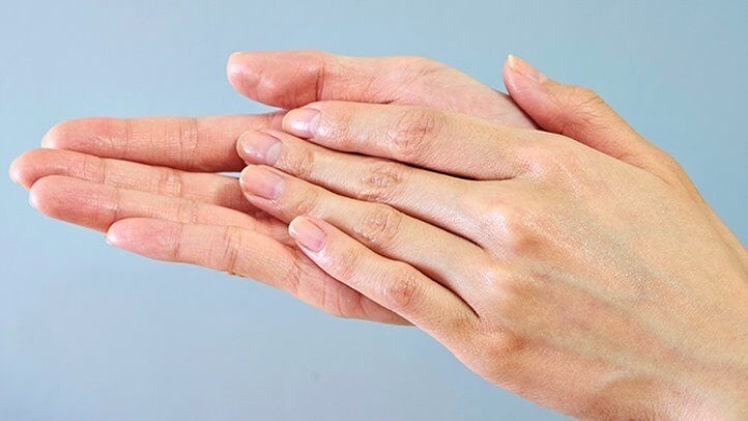If you’re one of the many people in the Upper East Side, New York, who suffer from excessive sweating, also known as hyperhidrosis, you know how embarrassing and frustrating it can be. Not only is it uncomfortable, but it can also be socially and professionally debilitating. But what you may not know is that several underlying medical conditions could be causing your heavy sweating. We’ll explore primary medical conditions frequently associated with hyperhidrosis and discuss the treatments available for each. Begin by finding a perfect Upper East Side hyperhidrosis specialist.
Diabetes
If you have diabetes, your body either doesn’t produce enough insulin, or your cells don’t respond to the insulin that’s produced. Without a steady flow of insulin in your system, sugars remain locked out of the cell and build up in the blood. This causes a variety of health concerns, including hyperhidrosis. According to a study published in Diabetes Care, 4 percent of people with diabetes have severe palmar hyperhidrosis.
Another report published in the medical journal Diabetic Medicine found that 20 percent of all diabetic patients experience symptoms of excessive sweating, compared to only three percent of the general population. If you have diabetes or believe you may be at risk of developing it, talk to your doctor about screening for hyperhidrosis to ensure it’s effectively managed.
Menopause Hot Flashes
Many women begin to experience menopause when they reach their 40s and early 50s, but some may experience it much earlier due to health conditions like polycystic ovary syndrome (PCOS). Symptoms of menopause include hot flashes in the face, head, or neck.
Thyroid Problems
Your thyroid is a gland in your neck that produces hormones to regulate metabolism, body temperature, and other bodily functions. Hyperhidrosis may occur if you have hyperthyroidism or hypothyroidism, both caused by an overactive or underactive thyroid.
The symptoms tend to be milder for hyperthyroidism but severe for hypothyroidism. According to the U.S. National Library of Medicine, hyperthyroidism is linked to palmar and plantar (sole-of-the-foot) hyperhidrosis as well as night sweats.
Low Blood Sugar
If you have diabetes, you already know how common hyperhidrosis is. But did you know that hypoglycemia can cause it as well? When blood sugar levels drop too low, the body responds by releasing adrenaline and cortisol, “fight-or-flight” hormones that increase your heart rate.
According to a study published in Diabetes Care, people with hyperhidrosis and hypoglycemia experienced a significant decrease in symptoms after changing their diet and taking steps to regulate their blood sugar levels.
Stress and Anxiety
We all know that stress can cause sweating, but for some, it’s worse than others. People who suffer from anxiety experience this sweating more frequently than others and for no apparent reason.
If you’re a big fan of digital stories, you can download your favorite stories from Storiesdown offline. All you need to do is log into your Storiesdown account, enter your username and profile URL, and then tap “profile.” Once you’ve found the Story you’re looking for, select “Download” and choose a destination folder.
If you are looking to view the stories on Instagram, you can use the Glassagram viewer. Simply type in your username and the URL of the Instagram account you wish to view. Once you have entered this, the viewer will display the contents of the public account.
According to a study published in the journal Clinical Endocrinology, approximately one-third of anxiety disorders experience hyperhidrosis. Researchers suspect it may be linked to the fact that anxiety causes the brain to produce elevated stress hormones like adrenaline and cortisol.
Hyperhidrosis, or excessive sweating, can be an embarrassing and frustrating condition to deal with. But what you may not know is that several underlying medical conditions could be causing your heavy sweating. Visiting a hyperhidrosis expert will help you determine the actual cause and the proper management approach.

